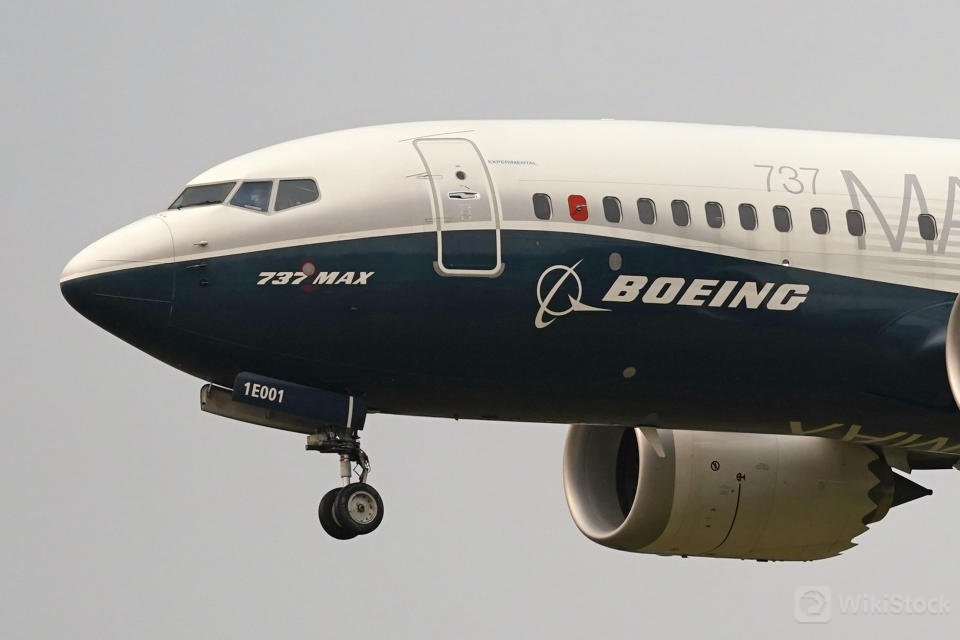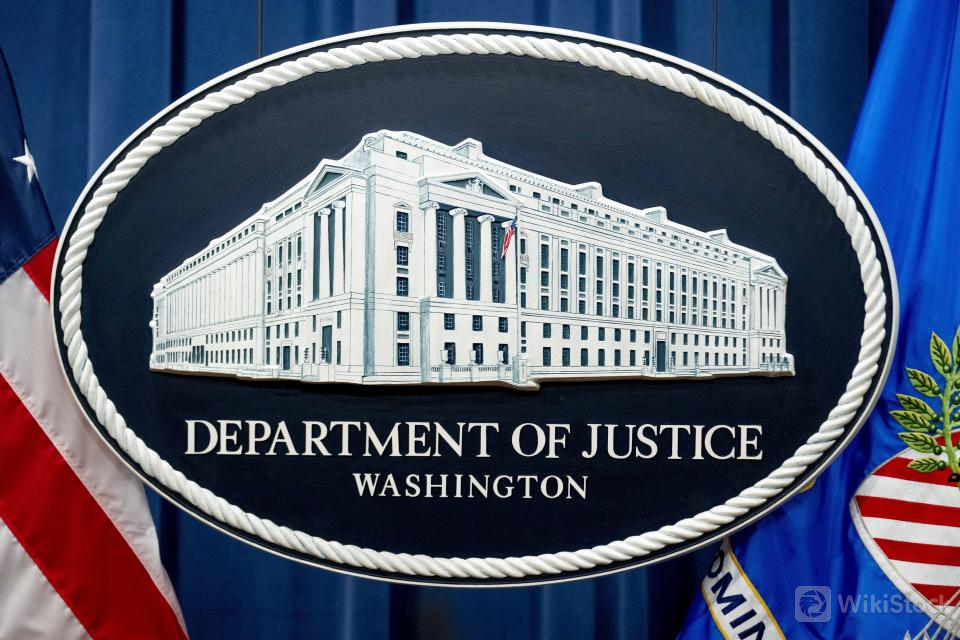The new peril facing Boeing if it pleads guilty to US criminal charge
Boeing faces new perils if federal prosecutors revive a criminal charge against the aviation giant and the company decides to plead guilty, a process that was apparently supposed to resolve by this weekend.
A plea deal could get rejected by a judge. Big fines will have to be paid. And perhaps the biggest danger is the effect that a conviction may have on Boeings already-battered bottom line.
Criminal convictions can foreclose or suspend a companys right to contract with the federal government and frustrate its ability to secure loans, according to Eddie Jauregui, a white collar defense attorney with Holland & Knight and former federal prosecutor.
Those consequences have particular meaning for Boeing, which counts the federal government as its largest customer. It also happens to be the countrys largest exporter.

A Boeing 737 Max jet, in 2020.
The matter could end up with an executive agency known as the Interagency Suspension and Debarment Committee (ISDC), which holds power to discuss government-wide suspensions and debarments that can end or disrupt a companys business with the US government.
“The considerations are many, and they are weighty,” Jauregui said. “I think the government contract work is probably an extremely important component for Boeing.”
The question that will be resolved by Sunday is whether Boeing's actions leading up to a January door plug blowout aboard an Alaska Airlines (ALK) Boeing 737 Max 9 cause top DOJ officials to officially revoke legal protections extended to Boeing in a January 2021 deferred prosecution agreement.
After investigations into two Max 737-8 crashes in 2018 and 2019 that killed 346 people, Boeing admitted that two of its former Max test pilots deceived the FAA about a flight control system called Maneuvering Characteristics Augmentation System, or MCAS.
Prosecutors agreed to table a charge alleging that Boeing conspired to defraud the federal government so long as Boeing spent three years designing, implementing and enforcing a compliance and ethics program for safer manufacturing and oversight practices.
But prosecutors told a judge in May that Boeing had violated that three-year agreement.
It now appears, according to multiple reports, that the DOJ will in fact bring a new criminal charge against Boeing but give the company the chance to plead guilty in exchange for some conditions.
If Boeing chooses not to plead guilty, the DOJ could take the company to trial, according to these reports.
The Chicago law firm that represents families of people killed in the Boeing 737 Max crashes said the families “would most certainly object” to what it called a “sweetheart plea deal” described to them during a two-hour call last Sunday with DOJ officials.
Story continues
The deal included the imposition of a corporate monitor and a fine; the law firm said families would ask that a judge reject it.
By law, the maximum penalty for a conviction on the DOJs conspiracy charge is $487 million. Boeing, however, would receive credit against additional penalties based on penalties it has already agreed to pay.

The U.S. Justice Department seal, in Washington.
Boeing and the DOJ would in fact need court approval to enter a plea deal.
If a deal were rejected, Boeing and the government could then go back to the drawing board to negotiate new terms, or the government could press forward with charges.
Matthieu Goddeyne, a former New York County Assistant District Attorney and federal white collar defense lawyer for Gunster, said a guilty plea from Boeing still leaves the Justice Department with the difficult task of enforcing the law while also trying to uphold victims rights and encourage safe aircraft manufacturing.
“I don't necessarily think that the government's job is to try and make Boeing fail, or try and put thousands of people out of work,” Goddeyne said. “I think that their job is to try to do justice, to do right by the victims, and try and effectuate some change within the company.”
Boeing didn‘t comment on whether it had been offered a plea deal. However, in May it said it believed it had complied with its obligations under the DOJ’s deferred prosecution agreement.
In the end company leaders may be forced to accept one of two bad choices: admit the company committed a felony, or risk criminal trial.
“It's never an easy decision for a company, especially one that is as tied with the United States government as Boeing, to make a decision to plead guilty,” Jauregi said.
Byte refutes rumors of speculation on A-share Doubao concept stocks
How to develop a low-altitude economy
Doubao concept surges, IPO economy booms
5G enters the "second half", which stocks are the best to buy
Check whenever you want
WikiStock APP
